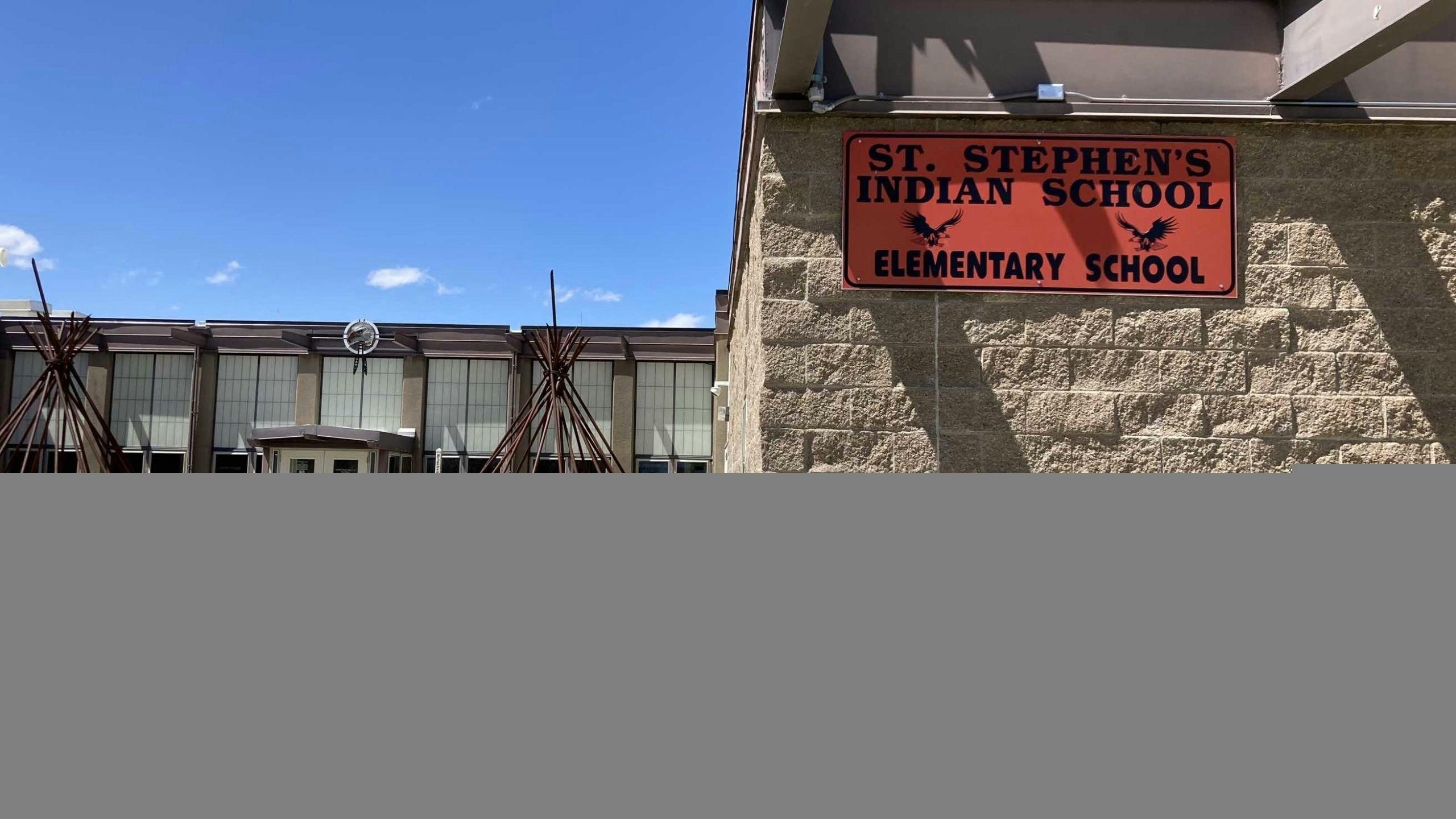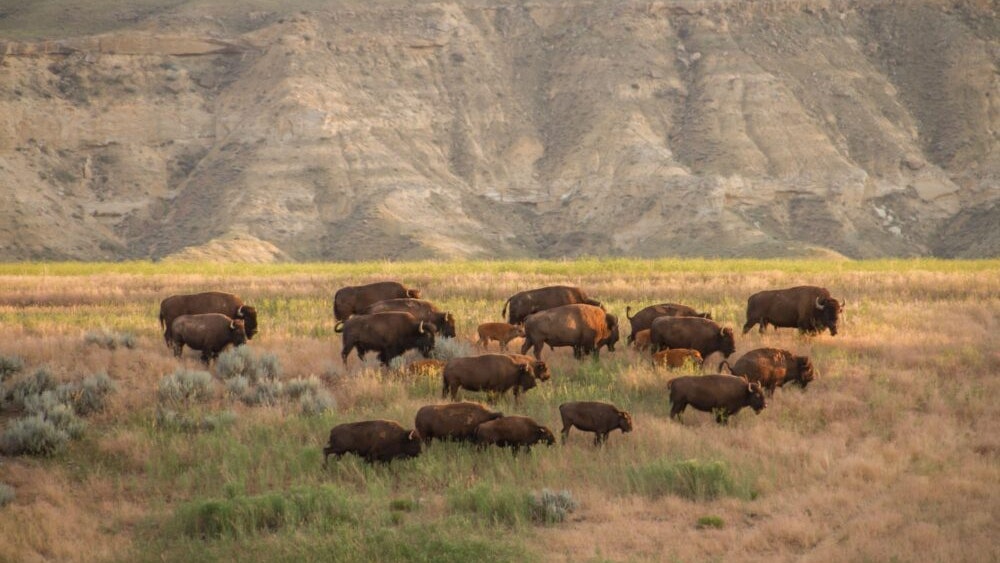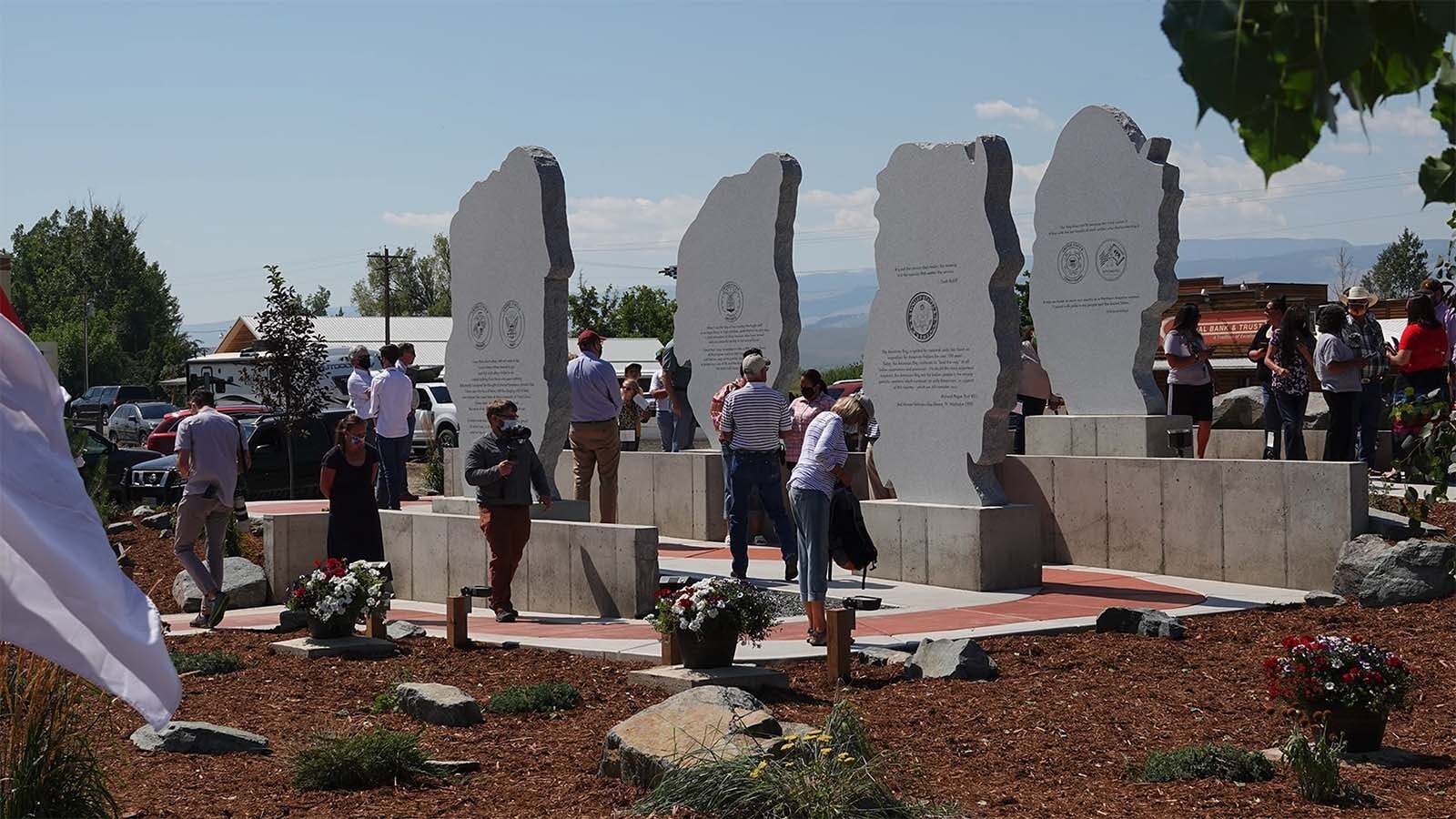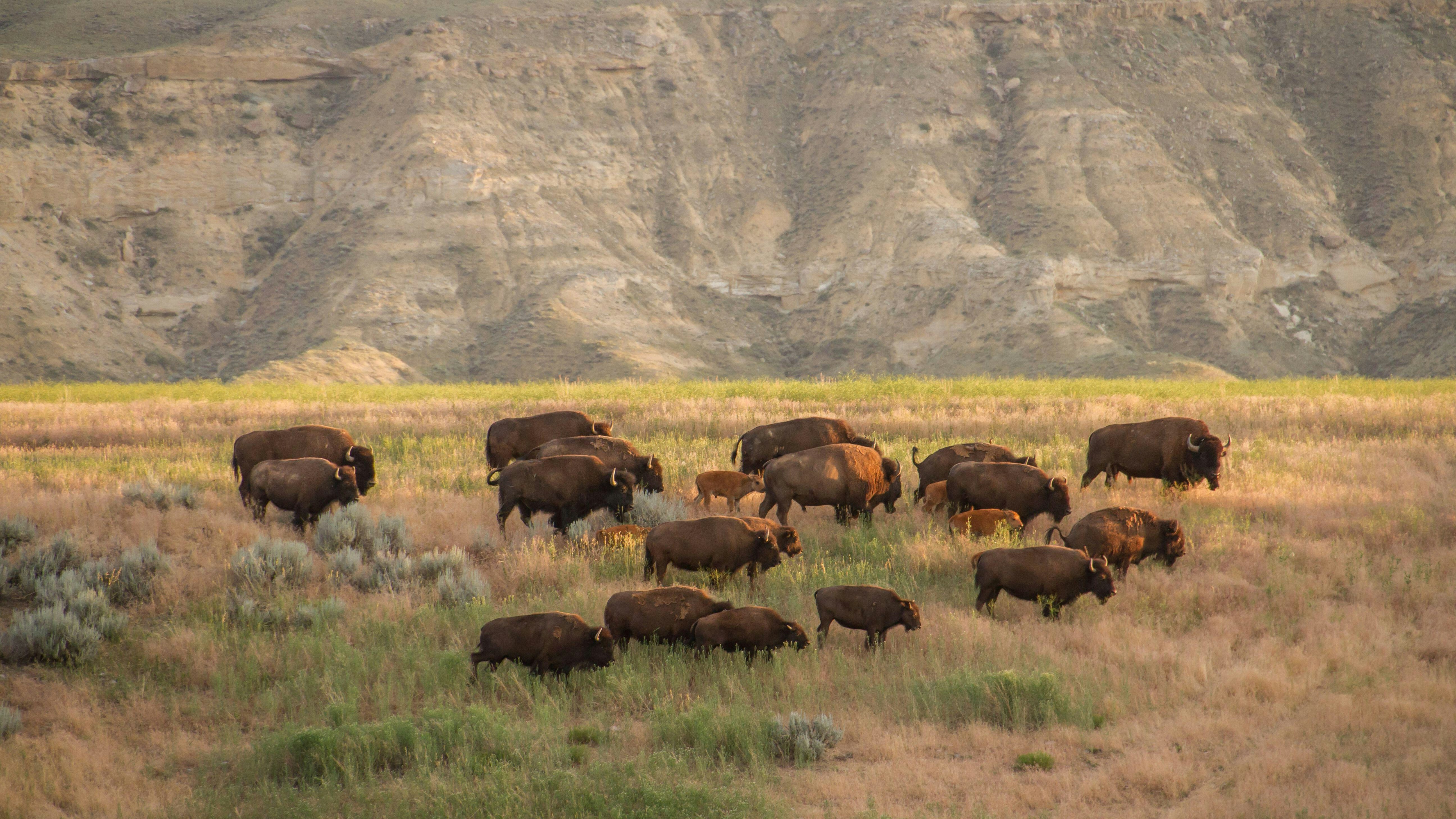The tribal governments of the Wind River Indian Reservation lacked the authority to oust the school board of St. Stephen’s Indian School last week, publicly available documents suggest.
While the Intertribal Business Council can ask federal agencies to take over other tribal organizations, there seems to be no language allowing it to fire the private school’s top officials as it did last week, according to public documents.
After an independent U.S. Bureau of Indian Education report alleged sexual misconduct, drug use, fraudulent and improper behavior by top school officials, the Intertribal Business Council on May 9 announced its vote to fire the school’s board, superintendent, two principals and a meals supervisor.
The council, which is comprised of the executive boards of the Eastern Shoshone and Northern Arapaho Tribes, also announced that it would be turning the school over to the control of the federal BIE.
But public documents indicate that the tribal governments don’t own or control the school – and therefore aren’t capable of firing its elected board or employees.
St. Stephen’s Indian School belongs to a private 501c3 nonprofit organization, the St. Stephen’s Indian School Educational Association.
Registered in the state of Wyoming, the nonprofit group’s founding documents placed an elected school board in charge of the school’s operations.
The board members are elected by members of the school district, that is: any parent of a student or resident of the Wind River Indian Reservation who attends at least one school board meeting a year or who expresses a wish in writing to become a member of the district.
The most recent election was held in March.
From Church To School
St. Stephen’s Mission, a church, transferred the school in 1975 into the control of the nonprofit group, which a 2016 school financial report deemed a “local community group.”
The association remains active today, according to documents filed with the secretary of state’s office.
A law known as the “Indian Self Determination and Education Assistance Act,” which passed in 1975, the same year the St. Stephen’s nonprofit organization was incorporated, gives the federal government the right and in some instances the obligation to fund organizations controlled by “Indians.”
That law also states that those in control of the organizations, such as school boards, will determine their policies and direction.
“Parental and community control of the educational process is of crucial importance to the Indian people,” reads the act.
Although the act specified a possible $10,000 fine and two-year prison term for embezzlers of federal funds to American Indian organizations, it does not appear to authorize tribal governments to fire leaders of a private organization.
Federal law does allow for a process called “retrocession,” in which a tribal government may ask the federal government to take over another tribal organization. In that event, the federal government may take over operations within 120 days.
However, the statute does not specify that tribal councils themselves can fire elected school board members in a private organization.
Private Lands
The St. Stephen’s Indian School site is also private, according to Fremont County land records
Fremont County’s map system shows that 37.83 acres, which contain an elementary school, high school, a classroom building and outbuildings are owned by the nonprofit organization.
This land was turned over to the St. Stephen’s Indian School Educational Association in 1999 by the St. Stephen’s Indian Mission, which still owns 287 acres of land next door.
The U.S. Bureau of Indian Affairs has constructed buildings on the school’s plot with its own funds, even placing a plaque on the high school building that reads: “Owner: Bureau of Indian Affairs.”
The BIA public affairs office did not return a voicemail requesting clarification.
The BIE, likewise, did not return an email requesting more information.
Policies
Some portions of St. Stephen’s Indian School’s policies are missing from the school’s website, but the majority are still are available.
“The board has those powers which are expressly granted to it by the (nonprofit) association,” reads the policy, “and also those powers which may be reasonably implied.”
A later section of the policy that defines the board’s relationship with the tribes states that the school board “desires to maintain the best possible working relationship” with both tribal councils – Arapaho and Shoshone – and that it should communicate with the tribal leaders.
There may be more governing information within the school’s bylaws. However, neither the school, the Northern Arapaho Tribe, nor the school’s attorney, Mark White of Riverton, had agreed by 4 p.m. Tuesday to allow a Cowboy State Daily reporter to view the bylaws.
The Eastern Shoshone Business Council spokeswoman told Cowboy State Daily in an email that she did not have the organization’s bylaws.
The spokeswoman also said the Eastern Shoshone Business Council’s chairman, John St. Clair, would not be available for comment until Wednesday.
The chairman of the Northern Arapaho Business Council did not respond to questions posed to his spokesman by Tuesday afternoon.
Numerous school board members and school personnel declined to comment.
Blakke Bertram, acting superintendent for the school, dispatched a Monday press release stating that the school, BIE, and intertribal council are “working hard” to address all policies to prevent the alleged misdeeds from “happening again.”
“We ensure to our community that our staff will conduct themselves with professionalism and in best practices in helping our students” learn safely for the nine days remaining in the school year.
Staff Removed
The BIE’s report alleged drug use and sexual misconduct on the part of former Superintendent Frank No Runner and elementary school Principal Greg Juneau.
The Intertribal Business Council announced May 9 it had fired
No Runner, Juneau, high school Principal Matt Mortimore and meals supervisor Pattee Bement, along with the school board, in the wake of the report’s release.
The FBI is looking into the allegations, according to a spokeswoman for the U.S. Attorney’s office in Cheyenne.





